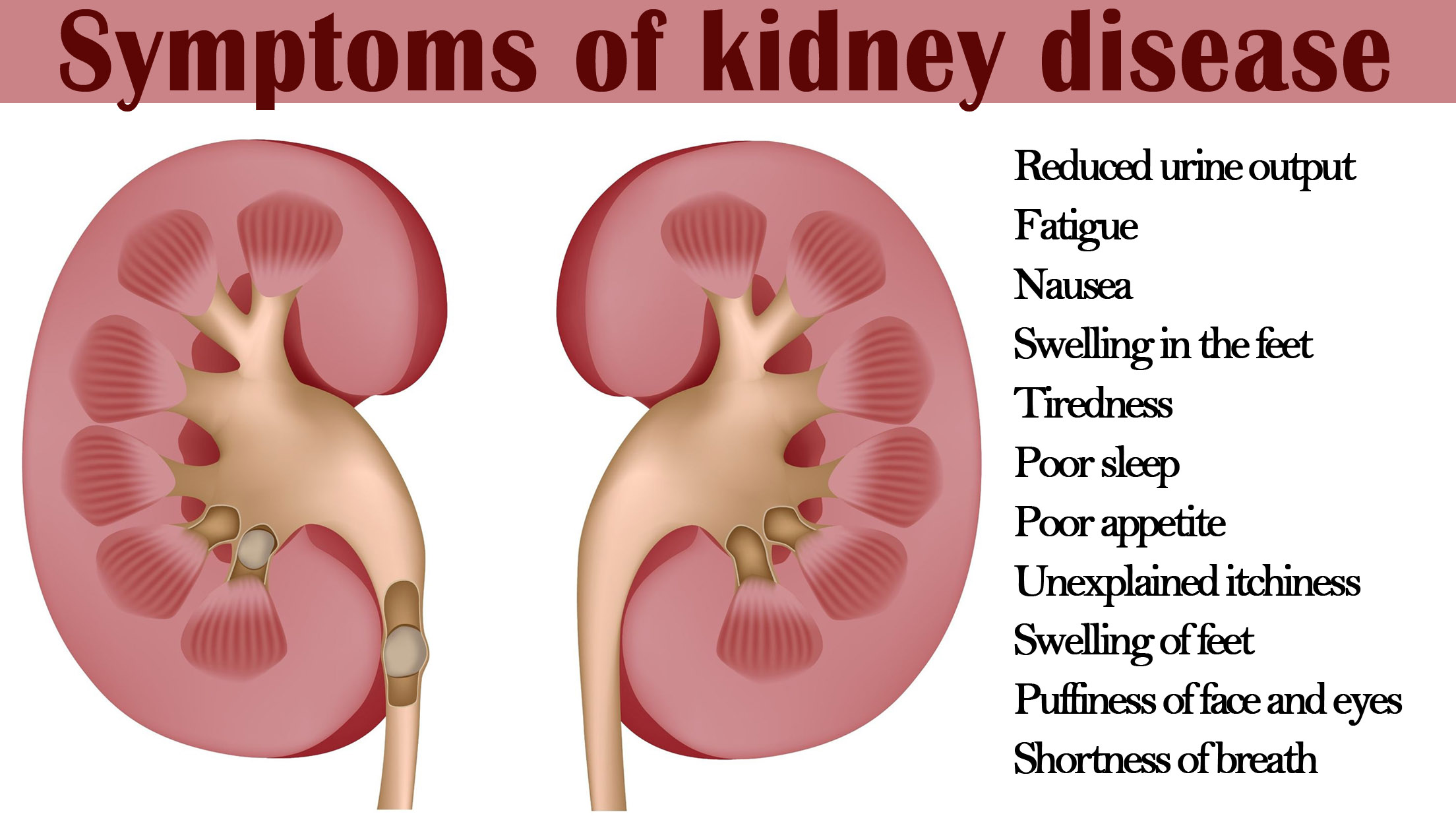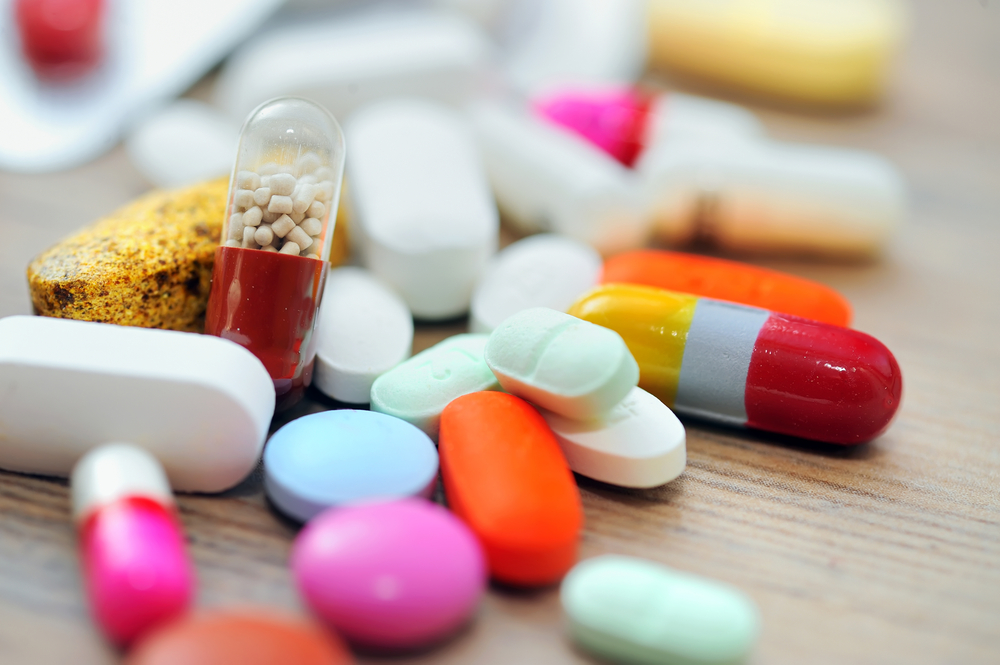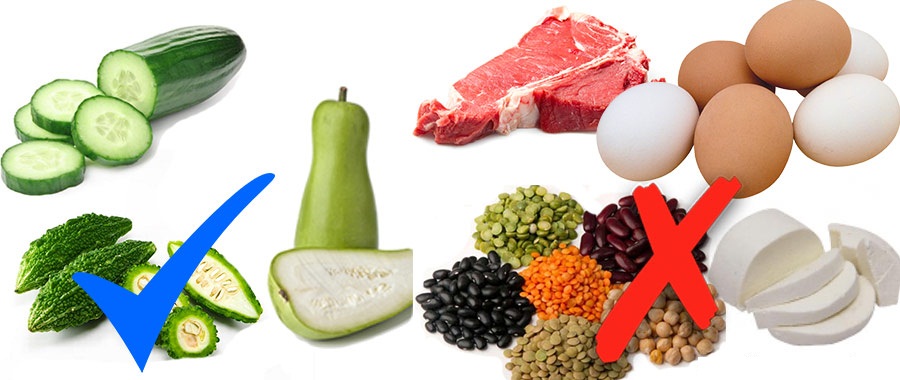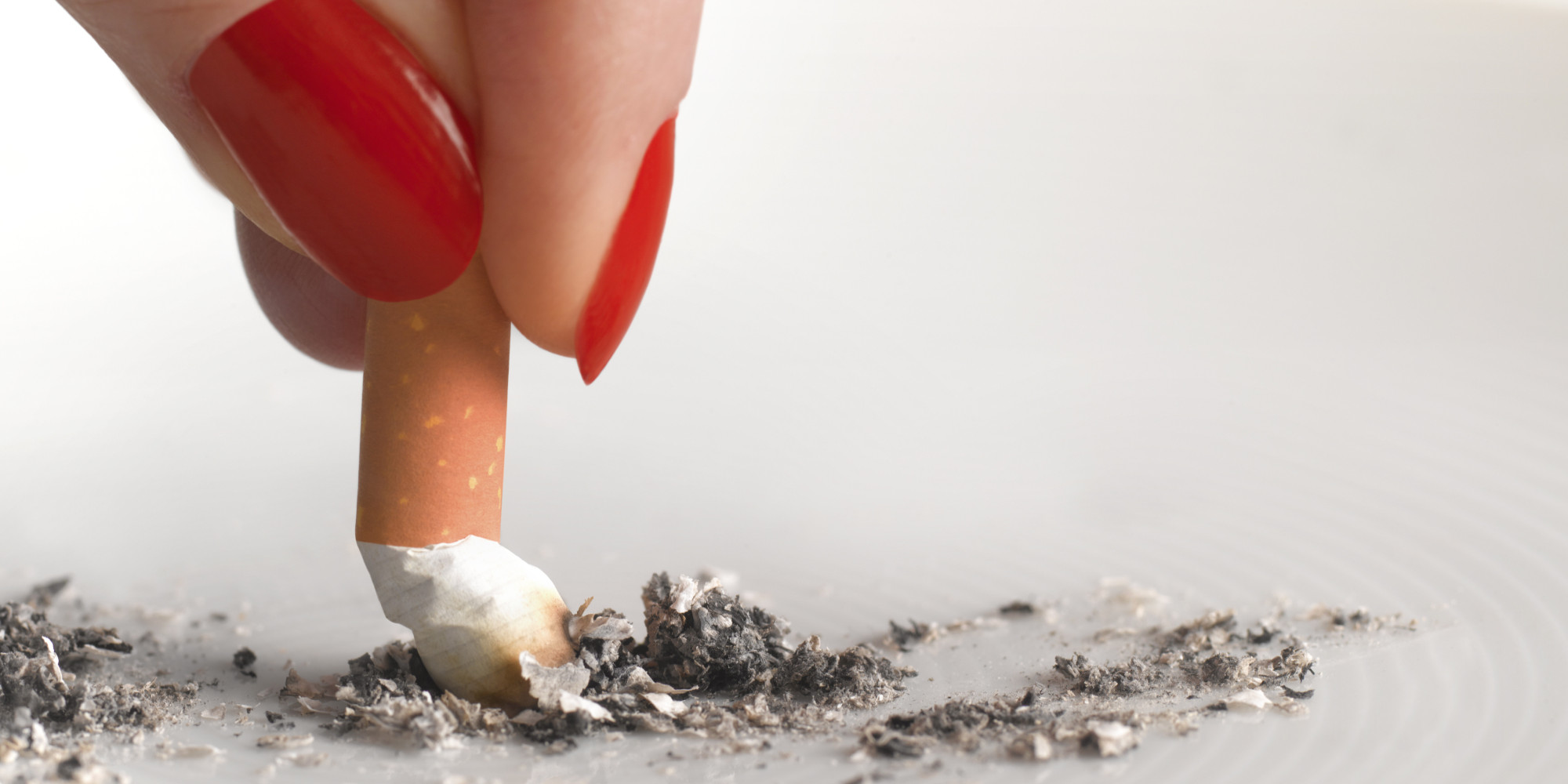Kidneys act as a natural filter for all the waste products produced in the body, they also help to regulate the fluid and electrolyte balance. They help to keep the blood pressure within normal limits and secrete a hormone which helps in red blood cell production.
When kidneys fail to perform their normal function, the waste products accumulate in the blood and the fluid balance is disturbed, this is termed as kidney failure on ESRD (End Stage Renal Disease), which can happen gradually or suddenly. People with ESRD need dialysis or transplant to sustain life.
What Happens When Your Kidneys Fail?
Most of the symptoms of kidney failure do not appear till the kidneys are badly damaged. End stage renal disease develops gradually and most of the symptoms are due to accumulation of waste products in the body or fluid retention.

One or more of the following symptoms indicate the deterioration of kidney function:
- Itching
- Nausea, vomiting and loss of appetite
- Swollen ankles
- Tiredness and fatigue
- Muscle cramps
- Change in urine volume, (there can be an increase or decrease in the amount of urine passed daily)
- Shortness of breath
- Sleep disturbance
What happens when your kidneys fail is that sometimes the kidneys stop functioning suddenly resulting in acute renal failure. Following symptoms indicate acute deterioration in kidney function:
- Pain abdomen
- Vomiting
- Backache
- Diarrhea
- Rash
- Fever
- Nosebleed
These symptoms indicate severe damage to the kidneys. A health care provider must be contacted immediately if any of these symptoms is persistent.
What Are Your Options If Your Kidneys Fail?
The kidneys are very delicate organs, once damaged they cannot be restored back to normal; however, no matter what happens when your kidneys fail, certain measures can be taken to slow down and limit the progression of kidney damage.
1. Medication
 High blood pressure is one of the leading causes of kidney damage. To limit kidney damage, it is necessary to keep the blood pressure within normal limits with the help of anti-hypertensive medications. Lipid lowering medicines such as statins are also prescribed to keep the cholesterol level in check.
High blood pressure is one of the leading causes of kidney damage. To limit kidney damage, it is necessary to keep the blood pressure within normal limits with the help of anti-hypertensive medications. Lipid lowering medicines such as statins are also prescribed to keep the cholesterol level in check.- Kidneys also help the body to produce red blood cells, when they fail, the red blood count drops as well resulting in anemia which causes fatigue and tiredness. To improve red blood cell count, certain supplements and iron tablets or injections are recommended. In some cases a blood transfusion may be required.
- To remove the extra fluid which accumulates in the body when the kidneys fail, diuretics are prescribed. They increase the urine output and help to reduce swelling.
- End stage renal disease is also associated with vitamin D deficiency. Calcium and Vitamin D supplements are prescribed to keep the bones strong and to minimize the risk of fractures.
- Phosphate levels also rise in kidney failure and can be treated with phosphate binders.
- Itching and nausea are also troubling symptoms of kidney disease and antihistamines and antiemetics are very effective to control them.
2. Diet
People with kidney failure need to follow a specific diet plan. The best thing is to consult a nutritionist for professional advice.

- A lot of waste products are produced after protein metabolism in the body. That is the reason a low protein diet is advised in kidney failure.
- The recommended diet for patients with kidney disease is low in salt, potassium and phosphate. There is a lot of salt in processed and canned food, so best avoid them and carefully read the labels to know how much salt they contain.
- When the kidneys don’t function properly, potassium is retained in the body. High levels of potassium in blood can lead to serious complications like irregular heart beat or paralysis. Foods which contain lot of potassium must be avoided.
- High phosphate levels are also observed in patients with kidney failure. They must eat less quantity of phosphate rich foods like fish, eggs and dairy products.
- Fluid intake has to be limited to avoid extra fluid accumulation in the body.
- People with kidney disease often have weight loss. It is essential to consume recommended amount of calories every day to maintain optimal health.
3. Lifestyle

Once you understand what happens when your kidneys fail, it becomes easier to do some lifestyle modifications accordingly. It is very important to maintain a healthy lifestyle.
- Try to quit smoking and avoid taking unnecessary supplements and other over the counter medications.
- Get vaccinated and do not forget to inform your doctor about your kidney disease whenever they prescribe any new medicine.
4. End Stage Treatments
Dialysis and kidney transplant are two treatment options for end stage kidney disease. Both carry significant risk and these are postponed for as long as possible.
Dialysis
There are two types of dialysis, hemodialysis and peritoneal dialysis.
- Hemodialysis is performed three times a week at a dialysis center. The treatment session is from three to four hours and the blood is passed through a filter attached to a machine, the waste products and extra fluid is removed and the clean blood goes back to the body.
- Peritoneal dialysis is performed via abdomen. Dialysis fluid is put in the abdomen through a peritoneal catheter. This fluid stays in the abdominal cavity for some time and absorbs the waste products and is drained out. Three to four exchanges of fluid are done during the day and the process is termed as continuous ambulatory peritoneal dialysis (CAPD). In another form, the peritoneal catheter is attached to a machine during the night and the machine automatically fills and drains the fluid. This procedure is called continuous cycling peritoneal dialysis (CCPD).
Transplantation
Kidney from another human being can be transplanted to treat end stage renal disease. The donated kidney can be from someone who recently died and donated their organs or from a living donor or a relative. For a successful transplant it is important that the tissues of the recipient and donor match, otherwise there are chances of rejection. Our immune system has an ability to recognize any foreign tissue in the body and destroy it; to prevent it certain medicines are prescribed to suppress the attacking system of the body.
Are There Any Ways to Prevent Kidney Failure?
Now you know what happens when your kidneys fail, but the good news is there are certain precautionary measures which can be taken to prevent kidney damage. Here are a few helpful tips:
- Alcohol can damage kidneys, try to limit your alcohol intake. Men and women older than 65 years should not exceed the limit of one drink per day.
- If you have high blood pressure it is very important to have regular check-ups and to keep the blood pressure within recommended limits.
- Diabetes damages kidneys. If you are diabetic, it is very important to control the blood sugar levels.
- Try to maintain a healthy body weight. Do regular exercise and avoid junk food.
- Do not take unnecessary pain killers, they can damage the kidneys.
- If you want to preserve the kidney function, quit smoking.
